Chipmunk repellent plants – 8 plants known to discourage nibbling chipmunks
These plants are perfect for preventing chipmunks from using your yard as a restaurant
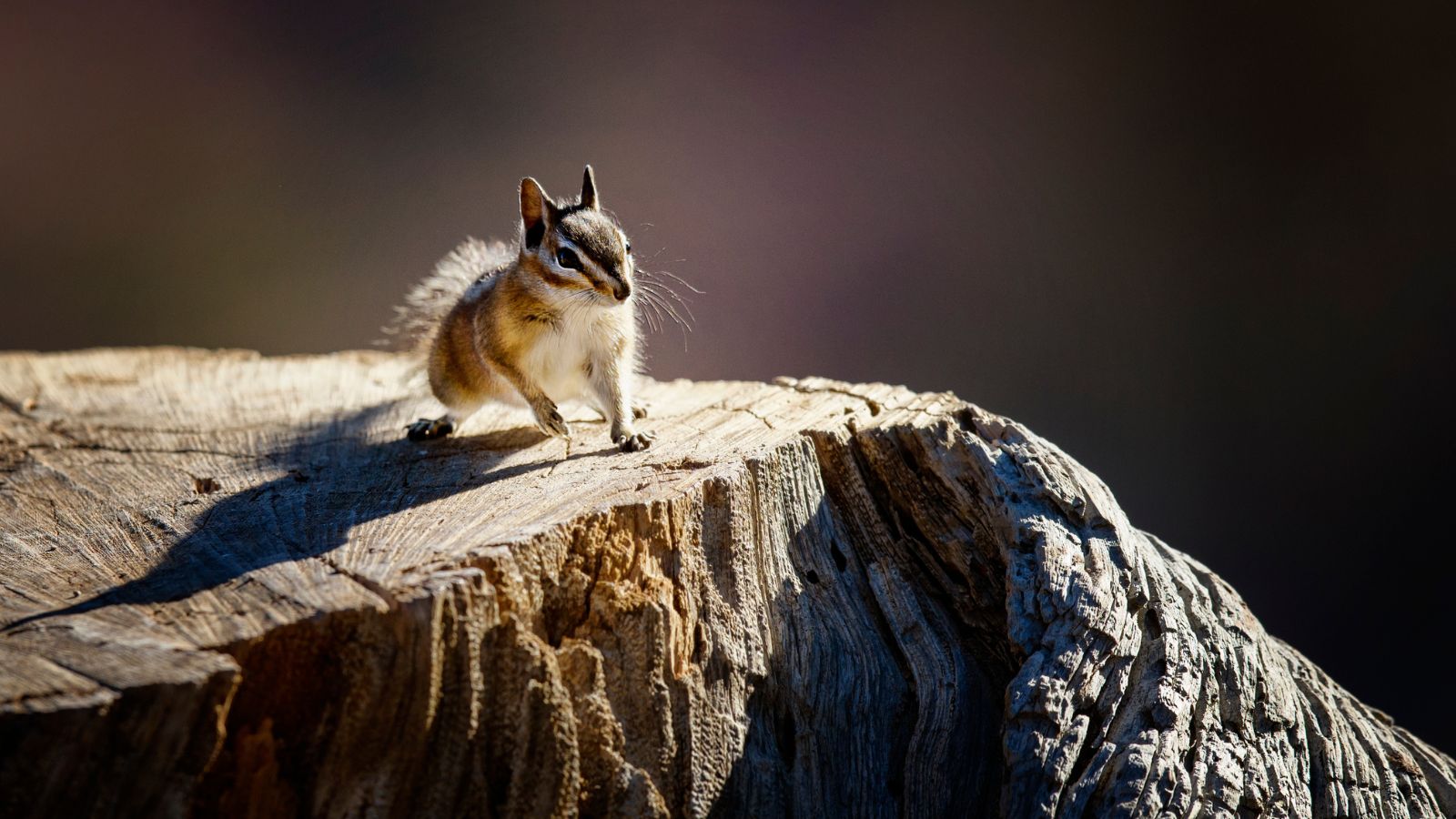

Chipmunks look adorable, but the damage they can do to your yard is far from it.
The good news is that there are some ace chipmunk-repellent plants to help get rid of chipmunks in your yard before they have the chance to damage your garden and home.
Here, professional gardeners explain which plants to pick to help deter chipmunks, and where to plant them to allow them to thrive.
Chipmunk repellent plants
There are a whole host of plants that put off unwanted visitors, from mosquito-repellent plants to deer-resistant plants, protecting your yard while keeping it looking smart and well-manicured.
Using these plants in tandem with other measures, such as getting rid of food sources and removing areas that offer shelter, is one of the best ways to keep many pests, including chipmunks, away from your property.
1. Mint
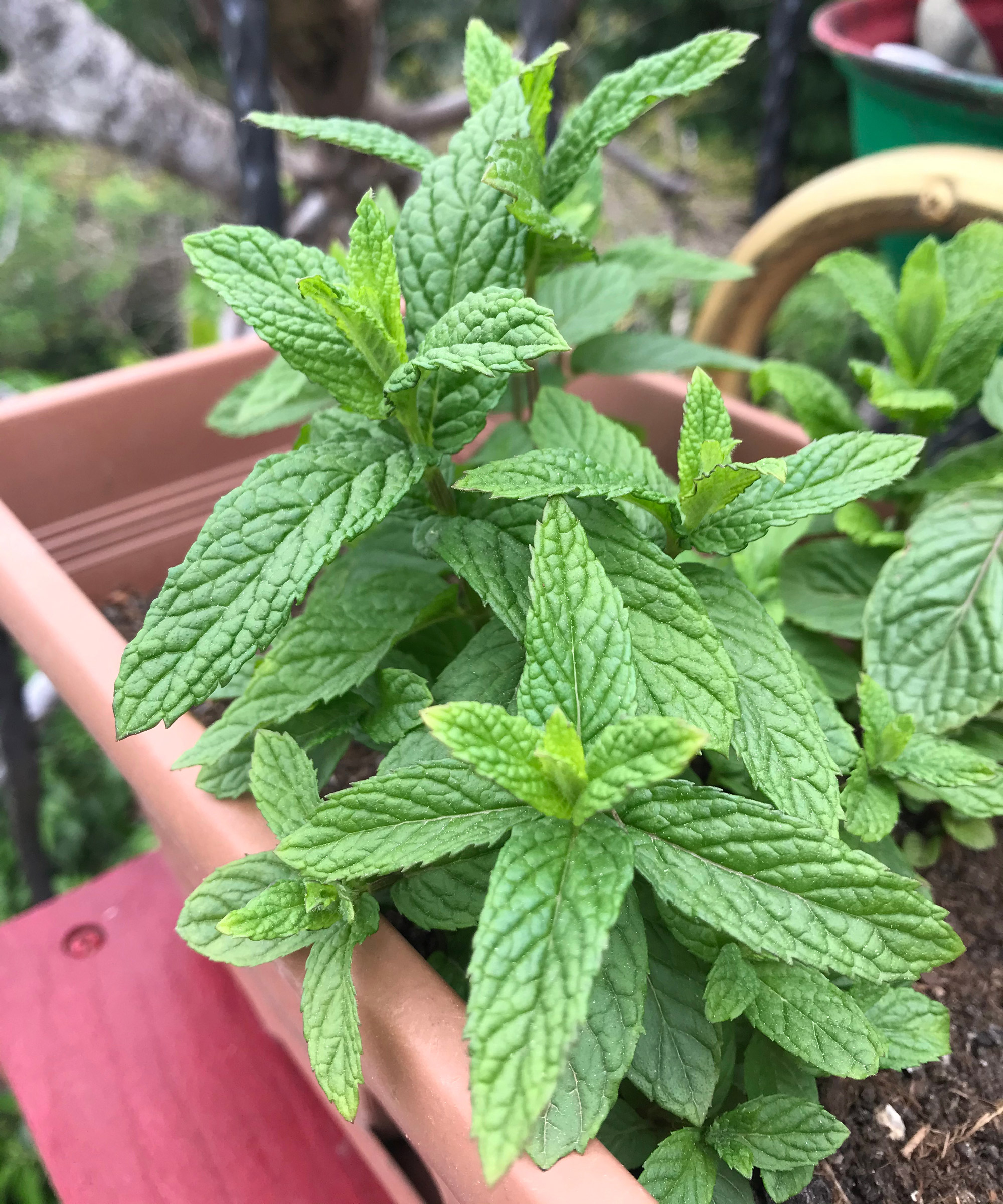
Growing mint is a great way to keep chipmunks away and better yet, it smells fantastic when you are sitting relaxing nearby.
While we may love the refreshing scent, chipmunks have an aversion to the strong aroma of mint plants, Gene Caballero, garden expert and co-founder of GreenPal explains. ‘Planting mint strategically around your garden or in pots near vulnerable areas can help deter chipmunks.’
2. Alliums
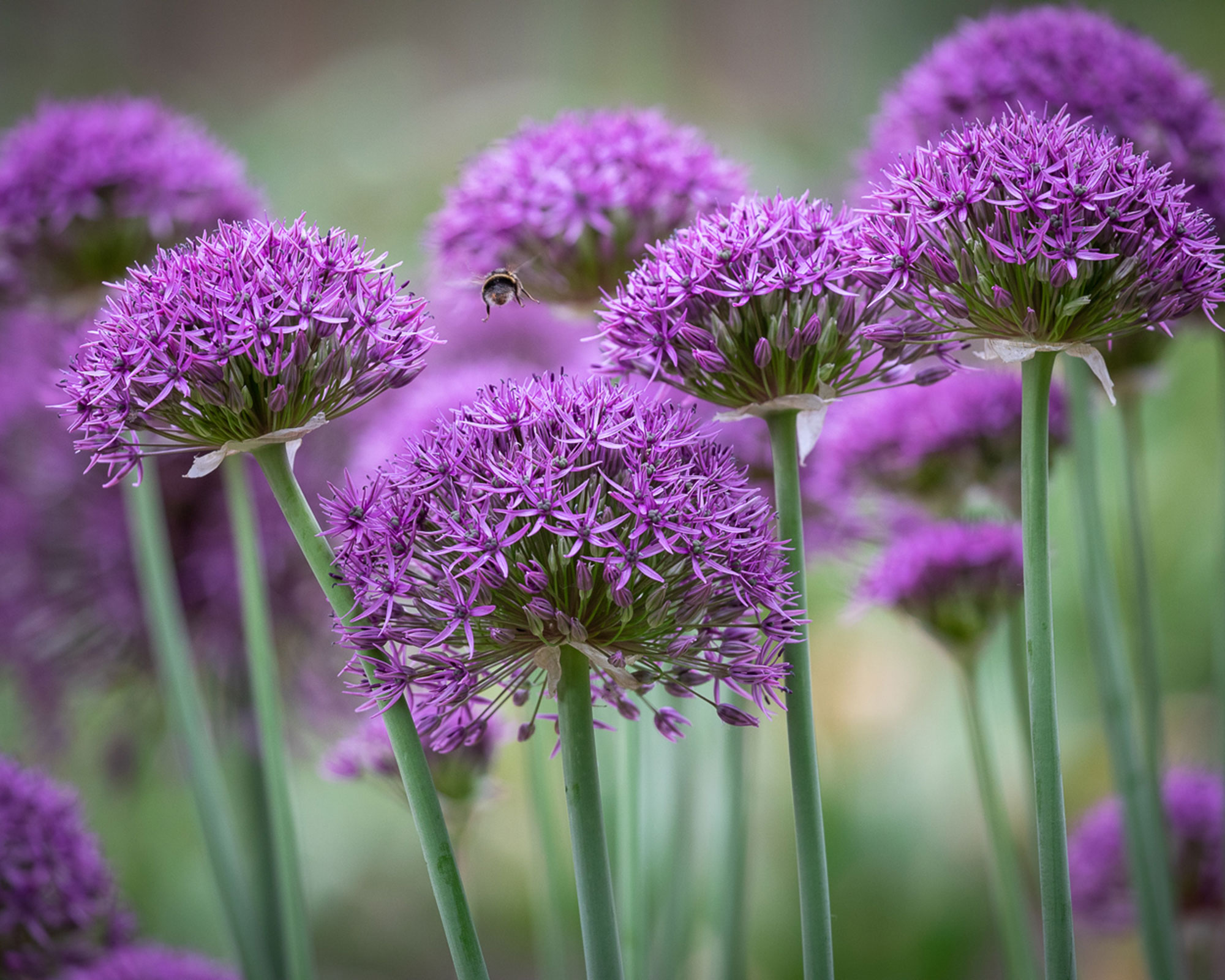
Alliums can be truly show-stopping plants and deter chipmunks with their strong scents. Garlic, chives, and onions also help deter chipmunks for the same reason, says Tony O’Neill, gardener and owner of Simplify Gardening.
‘Chipmunks dislike the strong smell these plants emit, making them an excellent natural deterrent. These plants thrive when planted in sunny locations with well-draining soil,' he explains.
When planting allium bulbs, especially the flowering kind, it is important to protect them from being eaten before they have a chance to bloom.
3. Marigolds
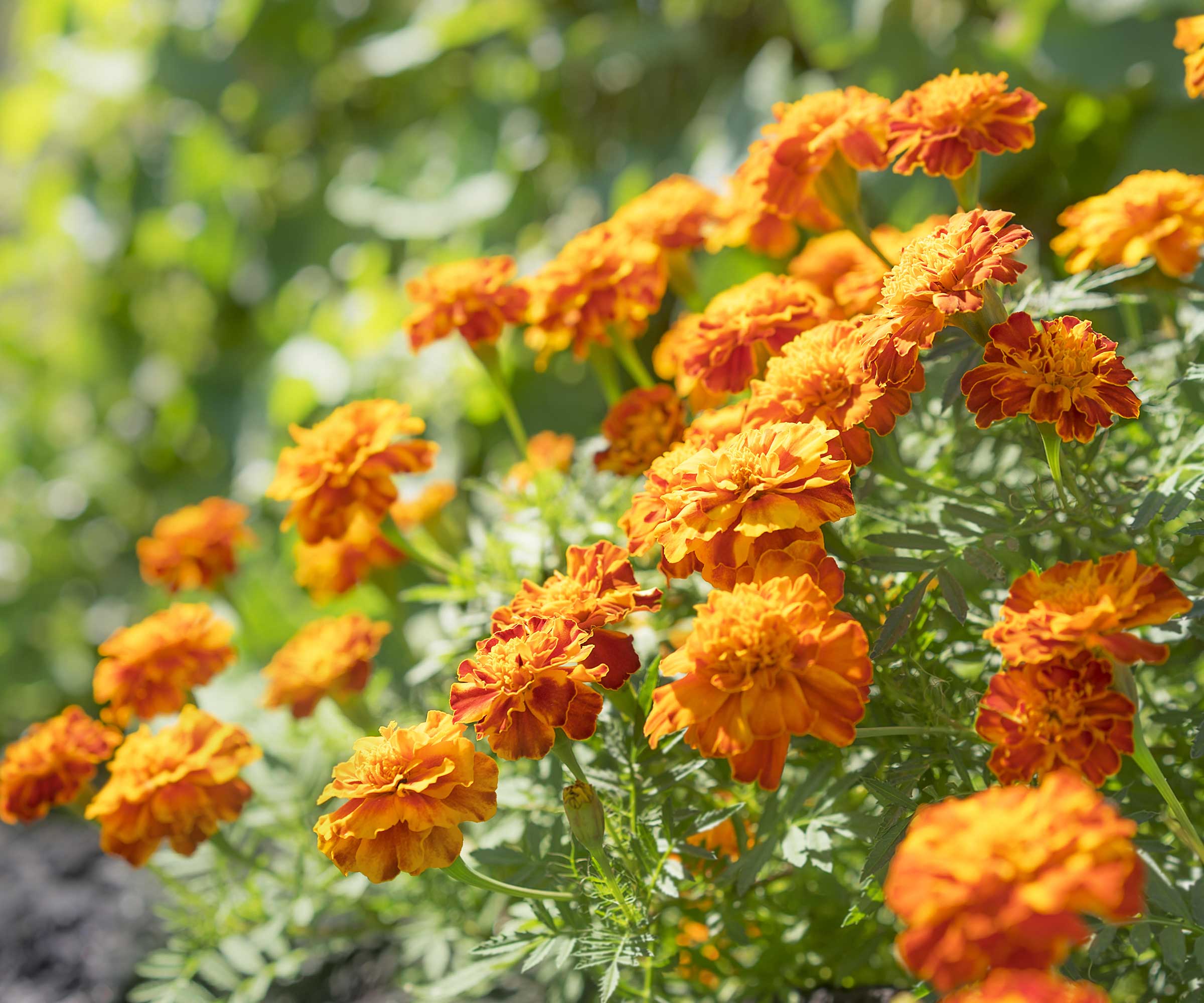
Marigolds may look like delicate flowers, but they are incredibly tough on chipmunks, says Zahid Adan, gardens and pest expert at The Plant Bible. These small flowers have an incredibly pungent scent that these small rodents tend to avoid, he explains.
‘They also provide bursts of color in your garden, making them a beautiful as well as practical addition. Plant marigolds near vegetable gardens, flower beds, or anywhere you want to discourage chipmunks from venturing.’
4. Stonecrops and Sedum
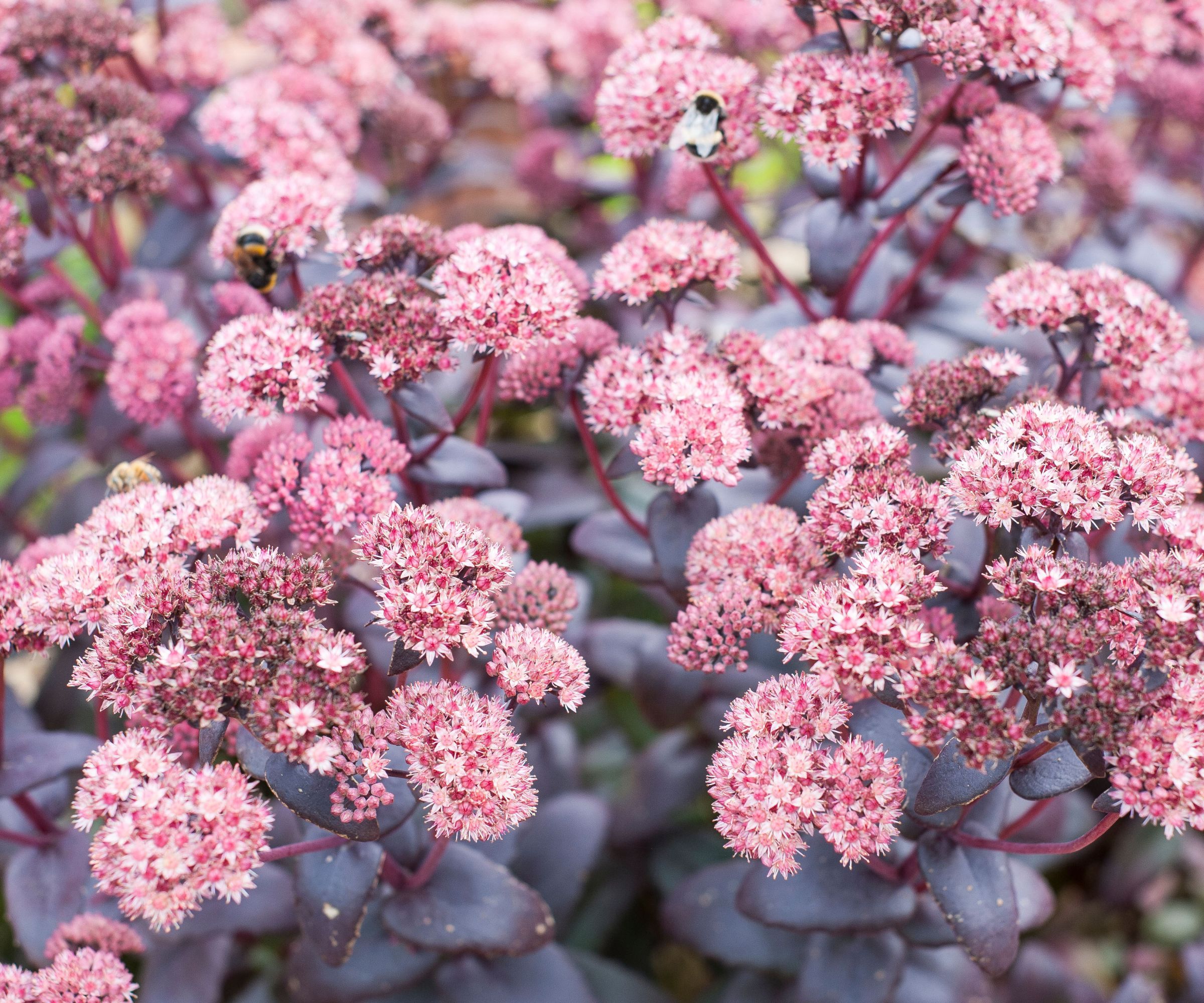
Sometimes it is less about the scent of a plant and more about the physical defenses it offers. When deterring chipmunks, plants with thorns or prickly leaves, such as stonecrops and sedums, can be brilliant border defence for around your home, suggests Diana Cox, horticultural expert and owner of The Gardening Talk.
‘These succulent groundcovers with fleshy, spiky leaves should be strategically planted around patios, foundation plantings, and ornamental borders to deter chipmunks from digging near structures. The unappealing texture and thickness of their leaves also discourage chipmunks from using them as nesting sites.’

Diana started her website as a way to help others who are new to the world of gardening and plant care. She has been growing plants since she was a little girl, and started to document her experience in gardening a few years ago.
5. Daffodils
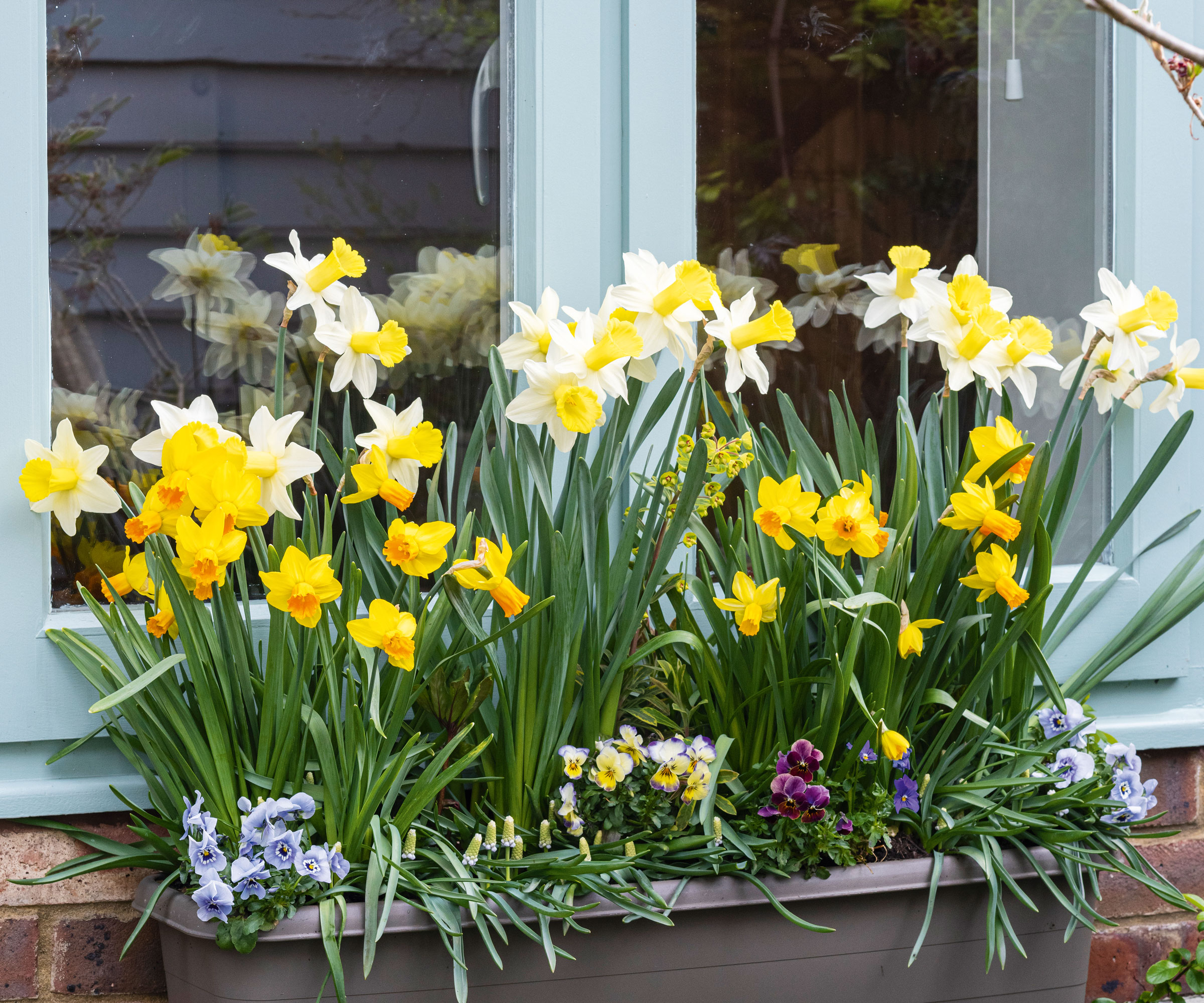
There are few plants as wonderful as the simple daffodil for quickly brightening up a garden after a long winter, but these plants go above and beyond in offering early chipmunk defensives when your other plants are just starting to wake up.
Planted daffodil bulbs continue to produce toxic compounds that chipmunks find unpalatable, suggests Tony O’Neill, gardener. ‘This makes them less likely to visit your garden or to stick around after stopping by.
‘Daffodils thrive in various soil types and prefer partial to full sunlight.’
6. Lavender
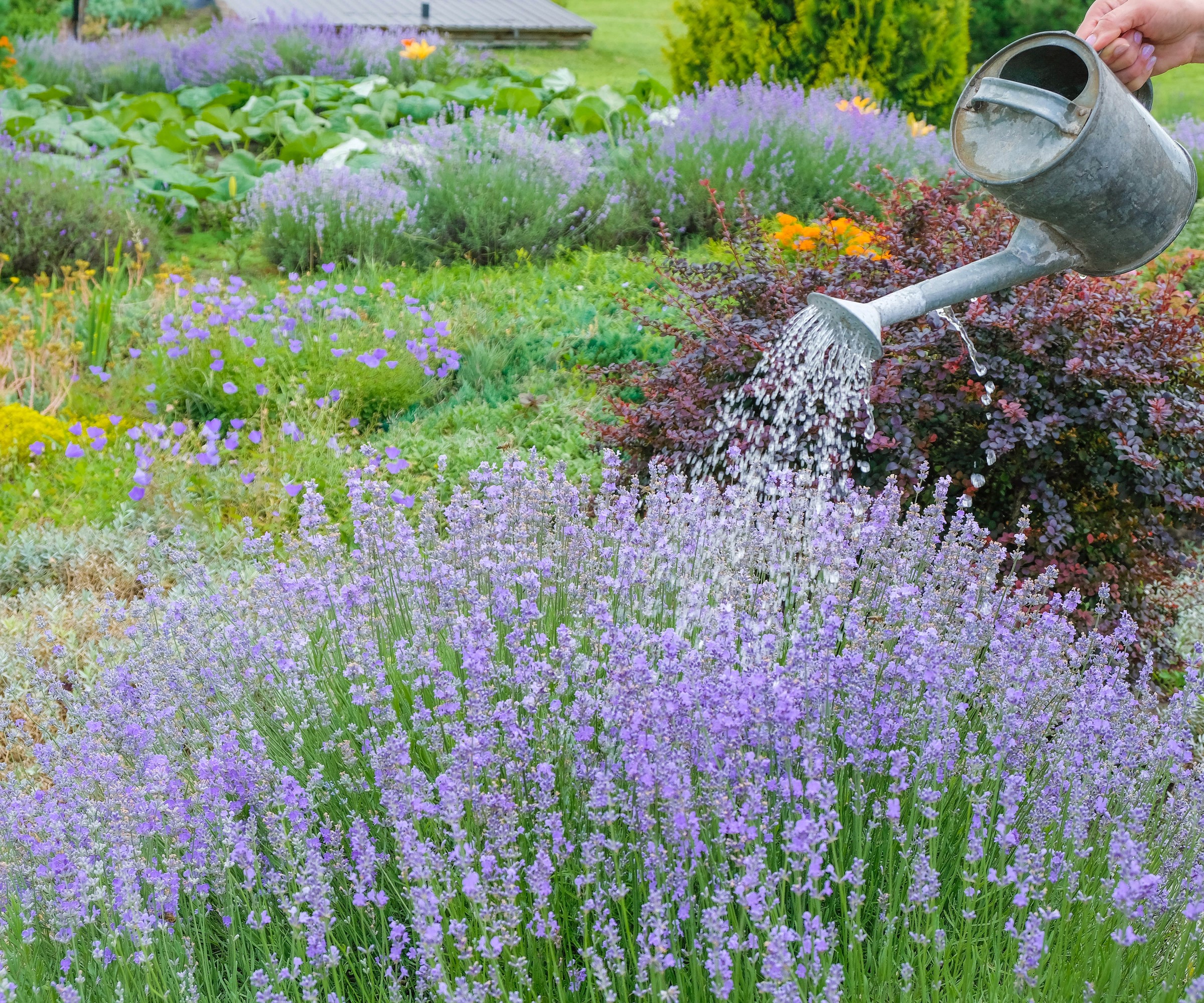
Growing lavender is relatively simple, as this fragranced plant is drought-tolerant and perennial – this makes it a great chipmunk deterrent for those of us who are a little less green-thumbed, Zahid Adnan, gardens expert, recommends.
‘Chipmunks dislike the strong aroma of lavender, making it an excellent plant choice for deterring them. Plant lavender in sunny areas, such as borders or containers, to enjoy both its fragrance and beautiful purple blooms.’
7. Geraniums
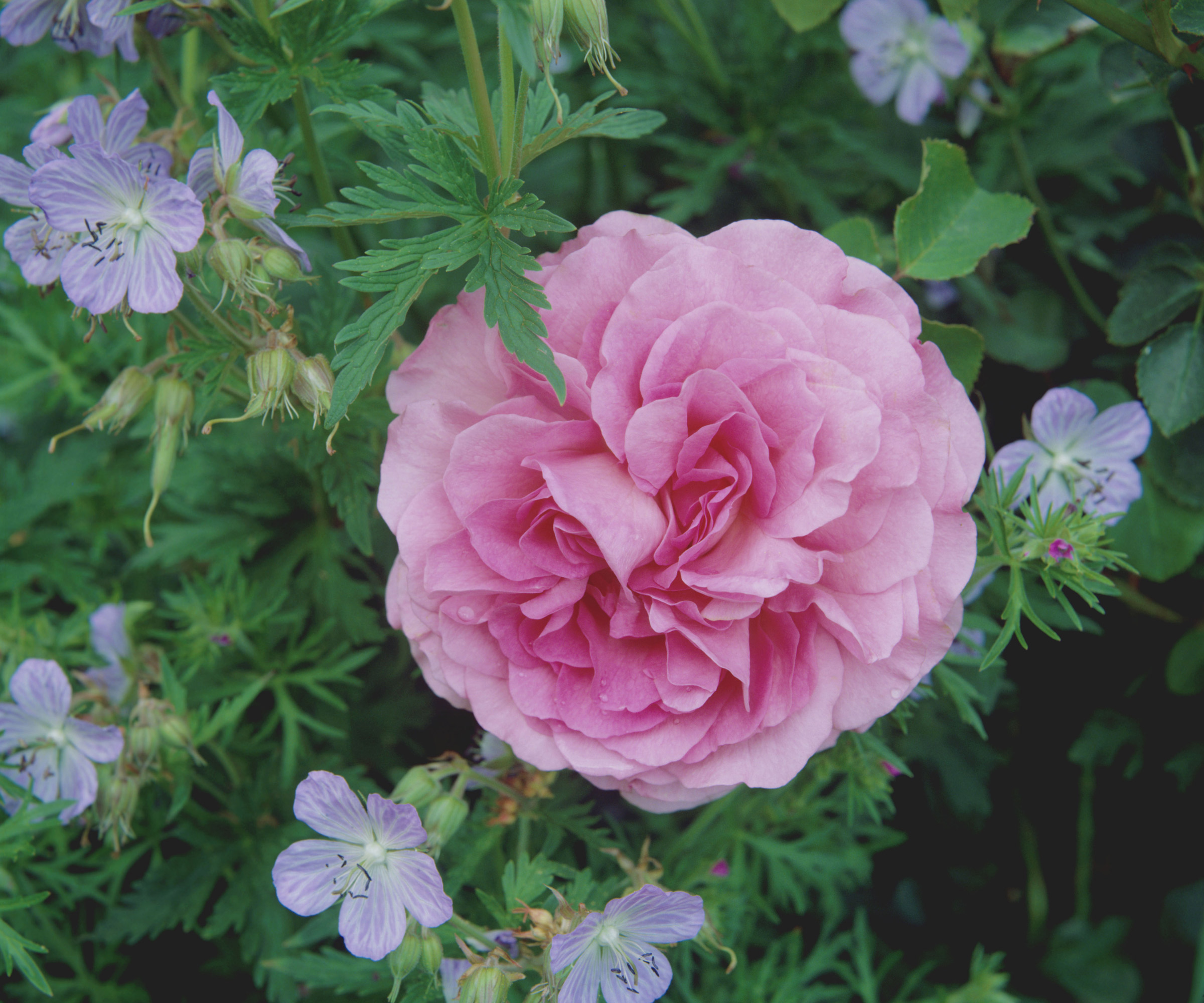
Hardy geraniums, like many of the plants on this list, omit a strong fragrance that chipmunks' delicate noses can't tolerate, helping to repel chipmunks away from flower beds that may otherwise be filled with tasty-looking flowers, gardens expert Zahid Adnan says.
8. Thyme and sage
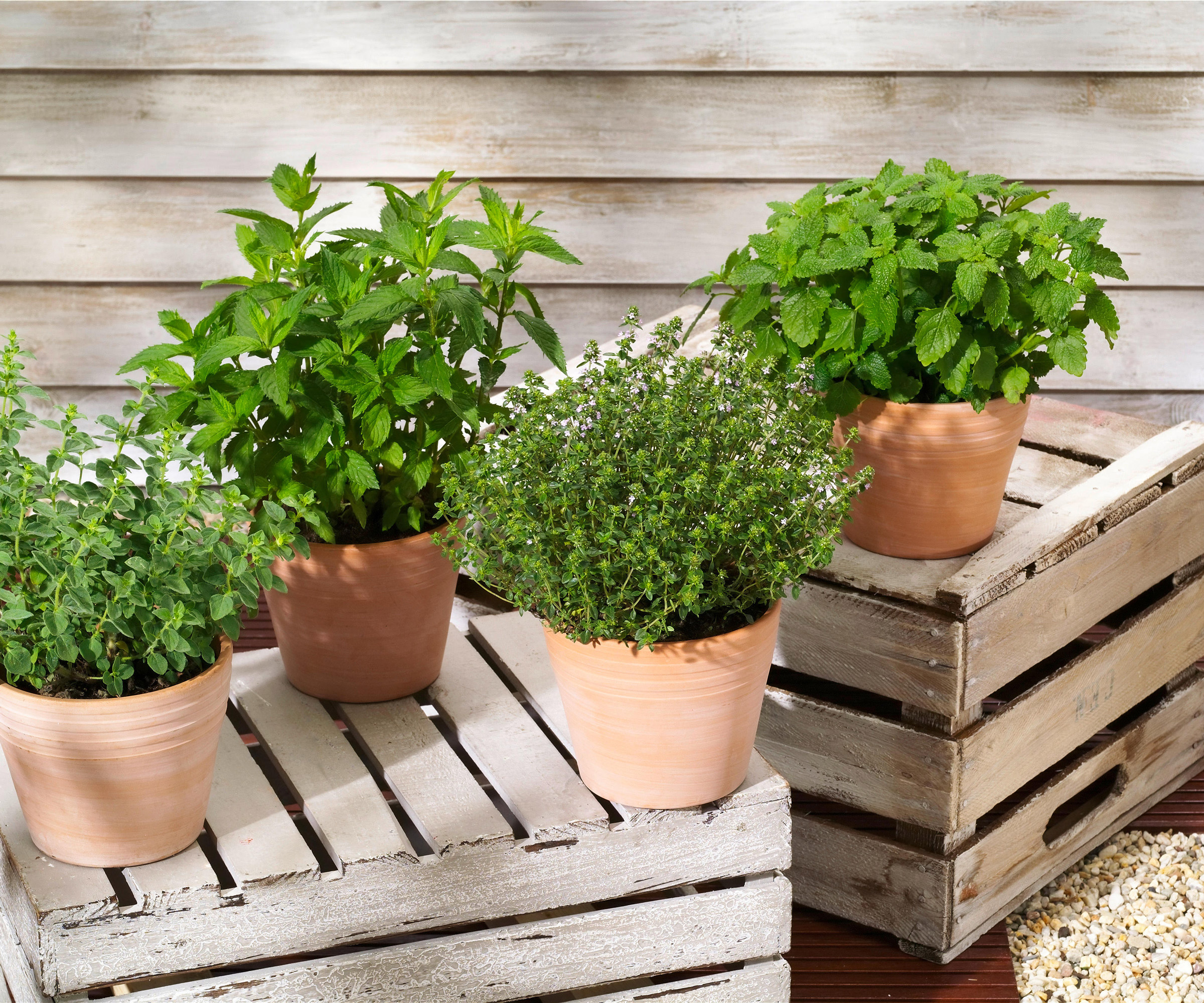
When planning a kitchen garden, it can be useful to pick out herbs that pests like chipmunks can't abide by. This can help to protect the rest of your crop from nibbling teeth.
Diana Cox, a horticultural expert suggests planting thyme and sage, as these aromatic herbs contain oils that irritate chipmunks' sensitive respiratory systems.
‘By strategically planting clumps of these low-growing herbs throughout your garden, you can discourage chipmunks while enjoying their visually appealing foliage and pleasant taste.’
How to use plants to keep chipmunks away
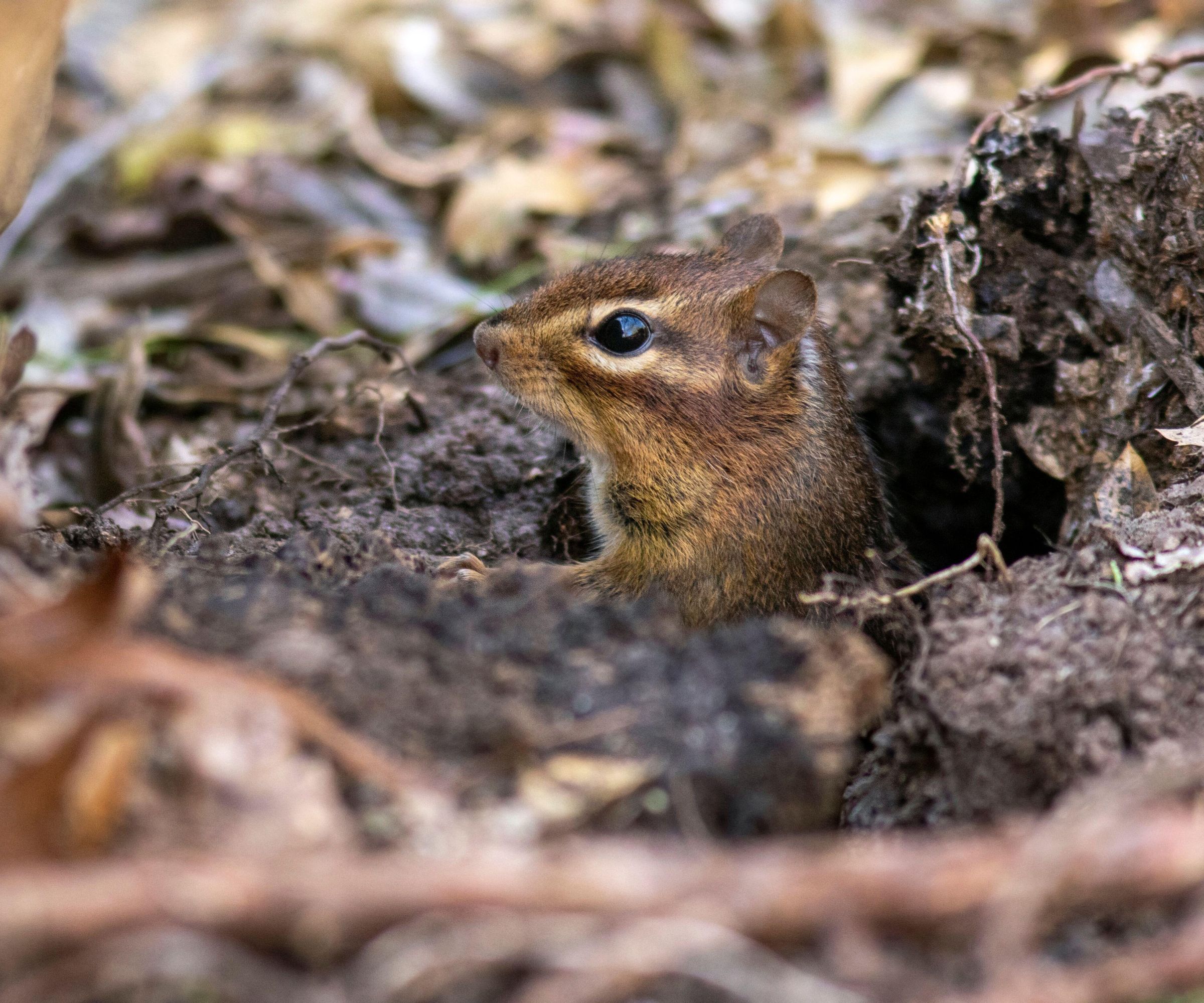
Randomly adding these plants into your garden will certainly do something to keep chipmunks away, but strategic placement and a goal of diversifying your yard will help to target chipmunk activity specifically and will do a better job at keeping them at bay, explains Tony O’Neill, garden expert.
‘You can create a natural deterrent and protect your garden by strategically planting chipmunk-repellent plants such as alliums and daffodils in areas where chipmunks frequent. Additionally, consider incorporating barriers like fences or wire mesh around vulnerable areas to further discourage chipmunks from entering,’ he suggests.
From there, regular maintenance of these plants is essential to ensure they thrive. While pruning, make sure to remove seed heads that can draw chipmunks and other hungry garden pests into your yard.
Plants to avoid that chipmunks love
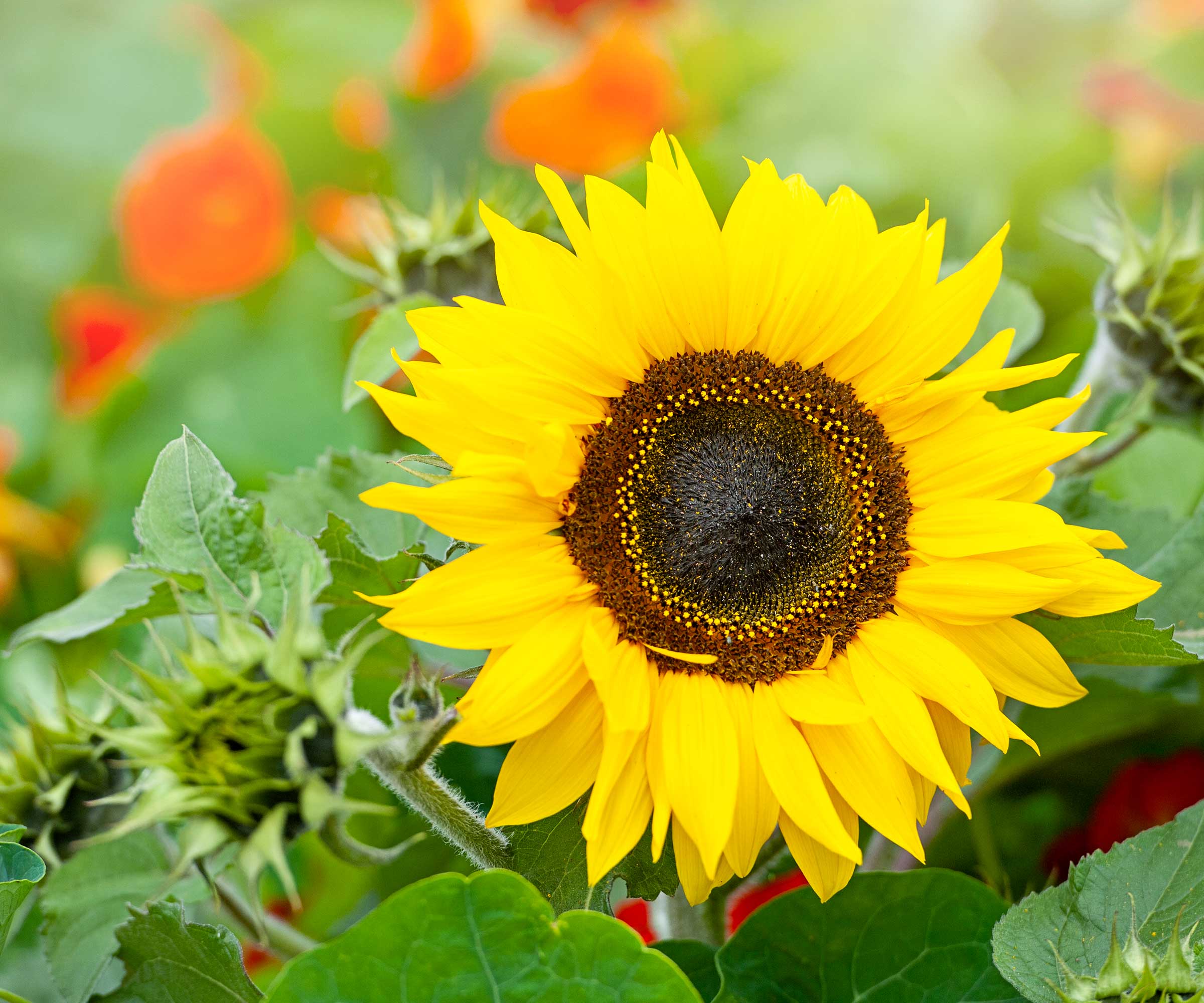
Just as some plants keep chipmunks away, it is important to avoid those that draw them in. Flowers such as sunflowers and tulips, for instance, offer themselves as a great snack for chipmunks, explains Gene Caballero, garden expert. These could undo some of your hard work to keep these tiny rodents away.
If you do have these in your yard and aren’t prepared to get rid of them, then it could be a good idea to plant repellent plants strategically around them, he continues. ‘Diversifying your planting by incorporating a variety of plants with different textures, scents, and flavors can confuse and discourage chipmunks from targeting specific plants,’ he advises.
FAQs
Are chipmunks aggressive?
Chipmunks, although tiny, can be aggressive when they feel threatened. They may begin to vocalize to try and scare you away or make themselves appear larger. If you attempt to touch them, then they may also be provoked to bite you, which can be painful, but bites are rarely dangerous if washed and wrapped correctly to avoid infection. If you sense there is something wrong with the wound, seek professional medical attention.
Be careful if you have chipmunks in your yard and also have free-roaming pets, as their curiosity may be met with the chipmunks' wrath.
Do chipmunks chew through walls?
Chipmunks inside your property may chew through walls, insulation, and wiring while trying to make a nest. Their teeth are incredibly sharp and able to cut through nearly anything in their path, so it is best to prevent chipmunks from coming near your house when possible, and have a professional trap them humanely and check the damage done if they do make their way inside.
Much like getting rid of squirrels, using plants is a good defense mechanism against chipmunks, but it is still best to be proactive with your preventative measures if you have spotted them near your house. Make sure to remove areas of shelter and prevent access to bird feeders to keep them at bay.
Sign up to the Homes & Gardens newsletter
Design expertise in your inbox – from inspiring decorating ideas and beautiful celebrity homes to practical gardening advice and shopping round-ups.

Chiana has been at Homes & Gardens for two years and is our resident 'queen' of non-toxic living. She spends most of her time producing content for the Solved section of the website, helping readers get the most out of their homes through clever decluttering, cleaning, and tidying tips. She was named one of Fixr's top home improvement journalists in 2024.
-
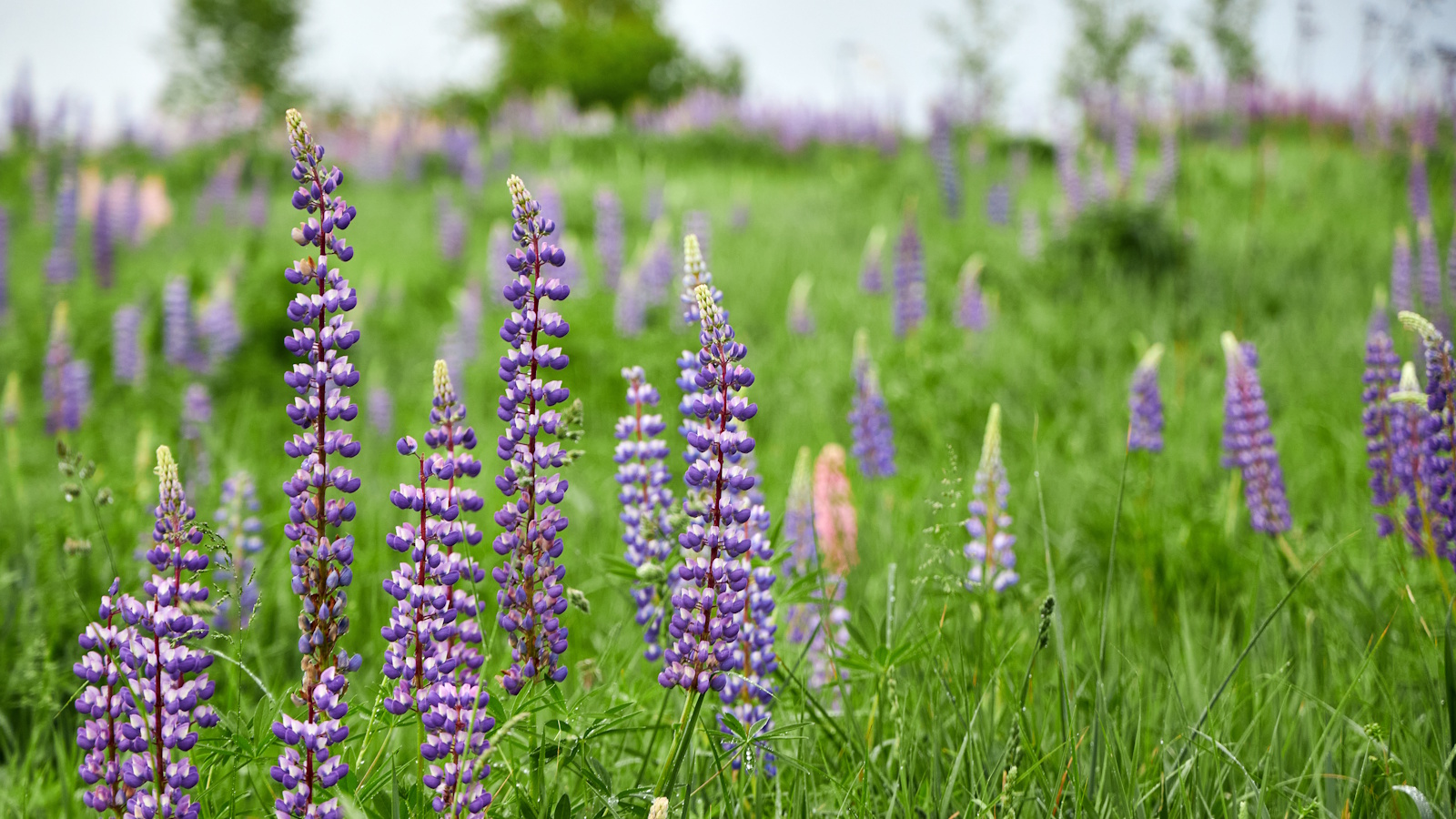 How to grow lupine – expert advice on growing this dramatic and vibrant cottage garden flower
How to grow lupine – expert advice on growing this dramatic and vibrant cottage garden flowerVibrantly colored flower stalks make swathes of lupines a sight to see in meadows and cut flower gardens alike
By Ellen Wells
-
 I’m a professional cleaner, and I swear by these quick and easy tips to clean pet hair from wooden floors
I’m a professional cleaner, and I swear by these quick and easy tips to clean pet hair from wooden floorsStaying on top of the mess makes it 10 times easier
By Carolina Kazimierski